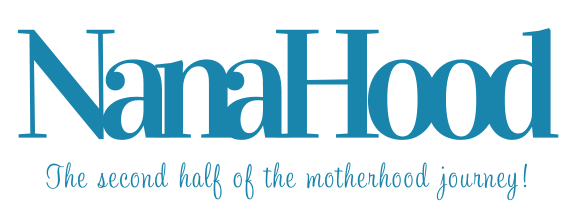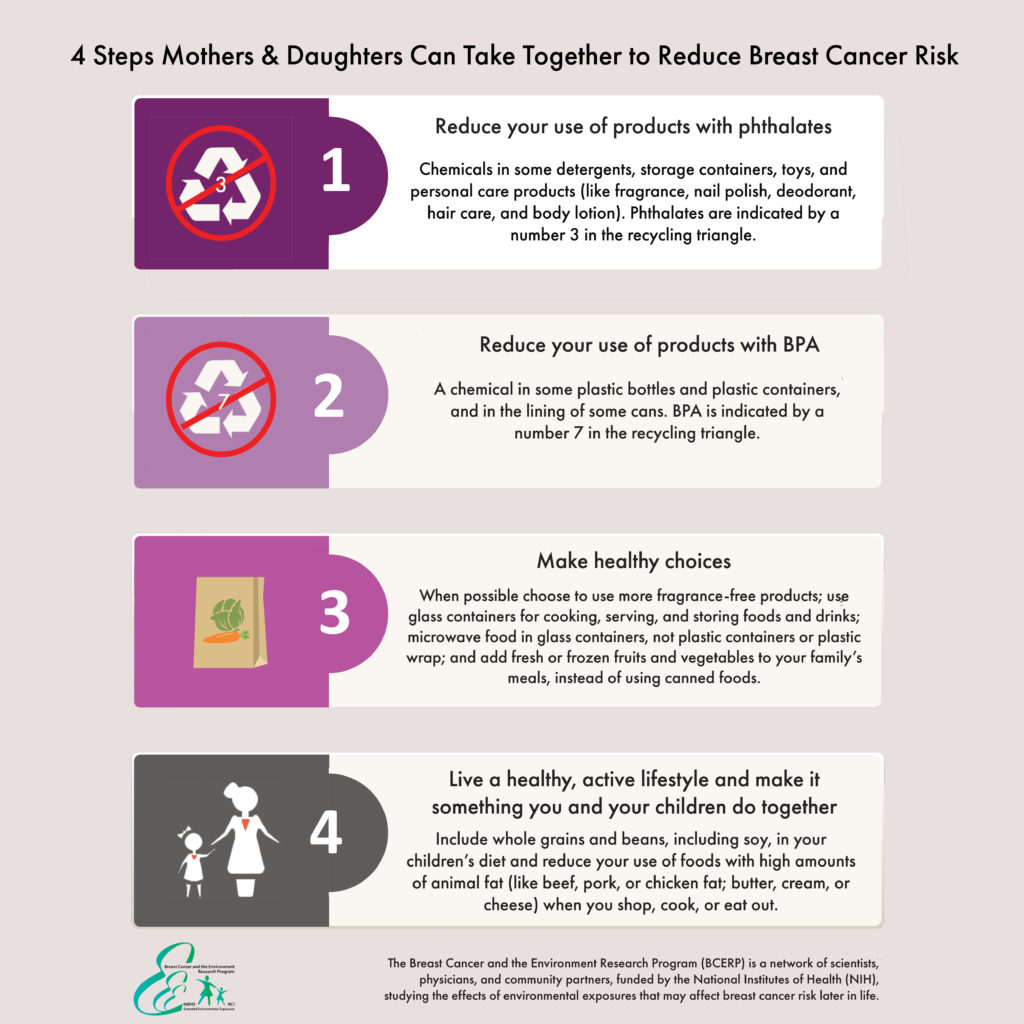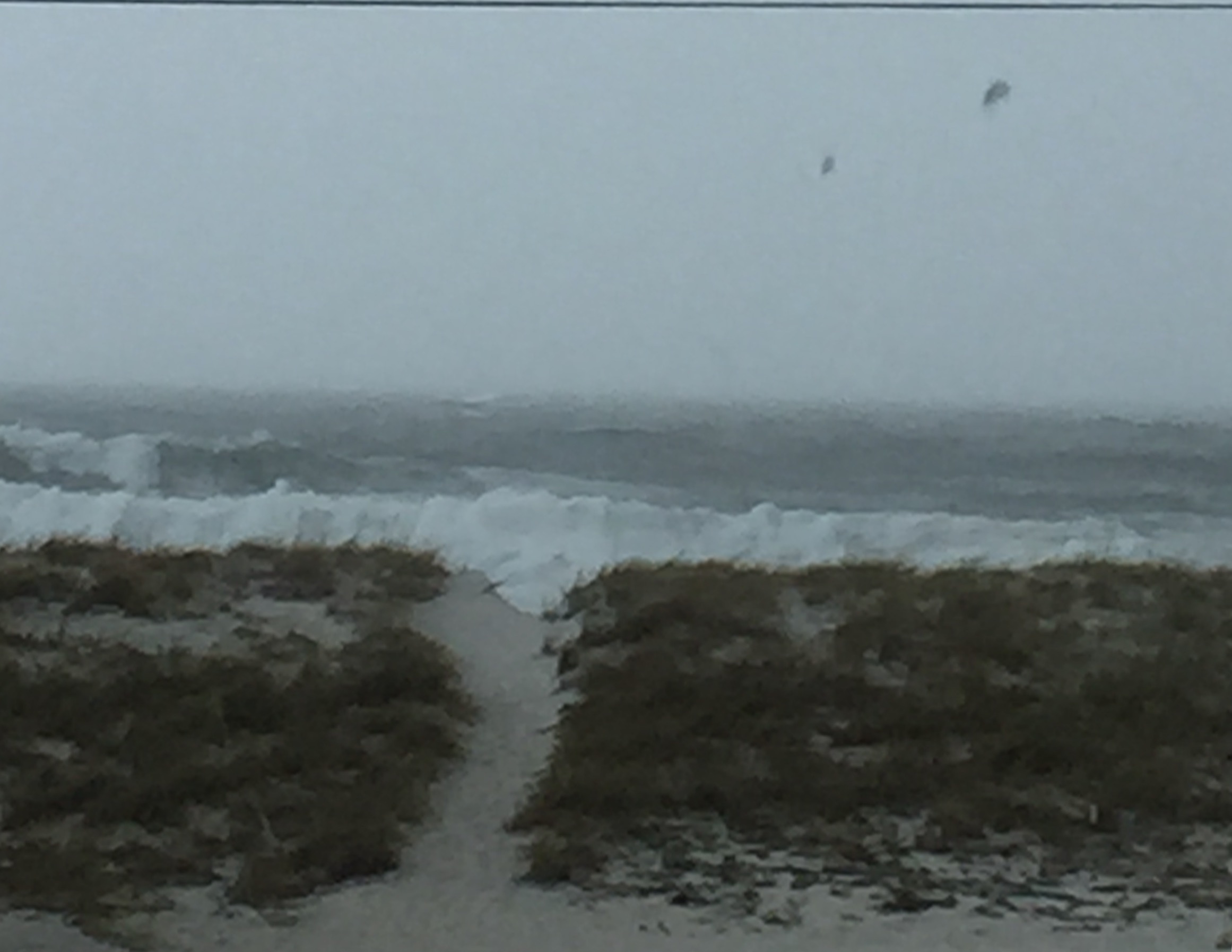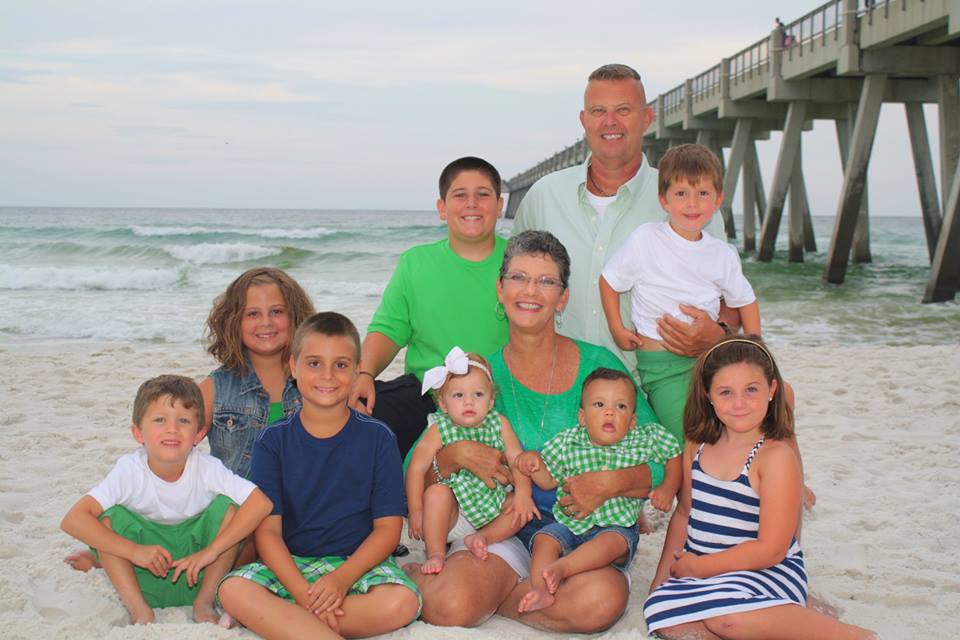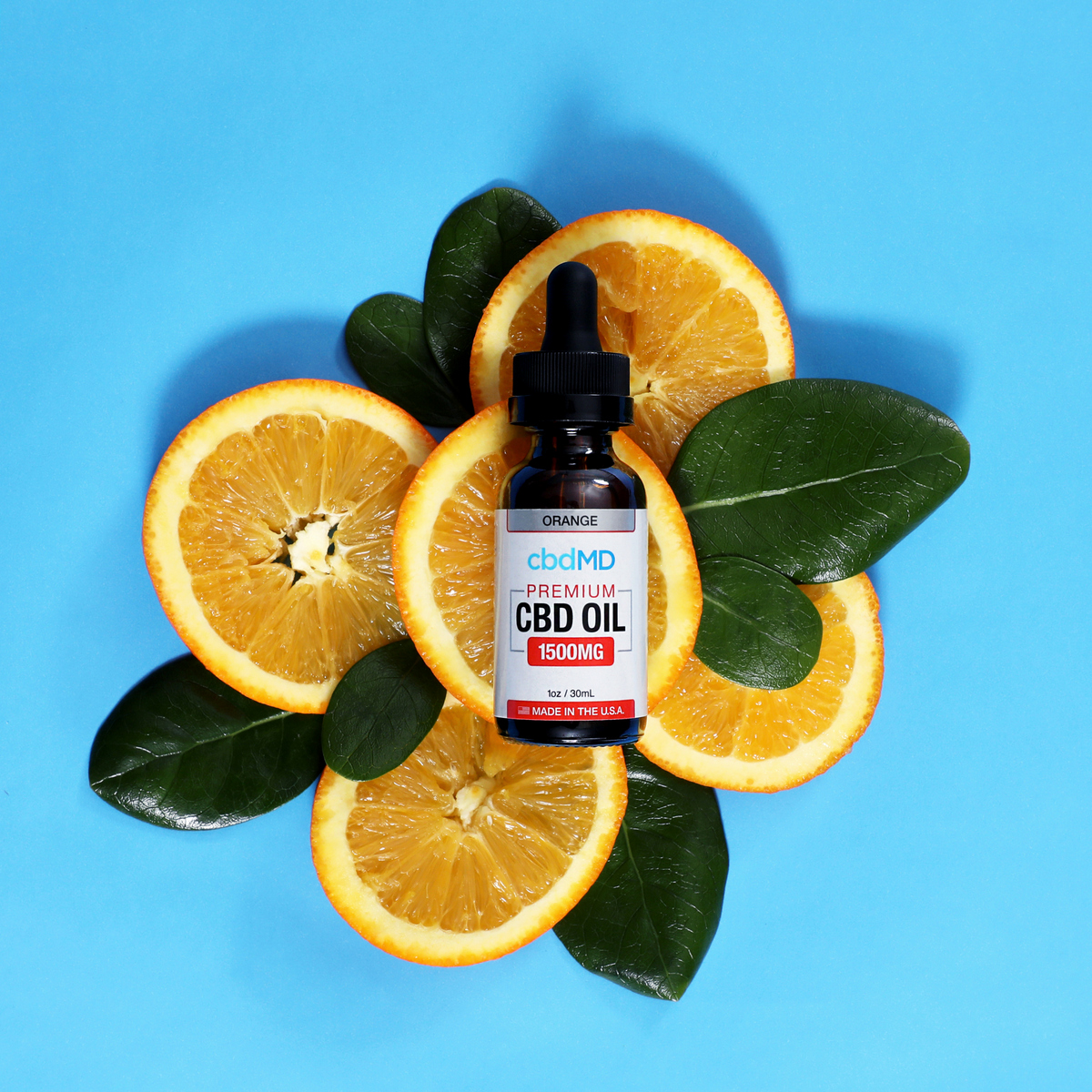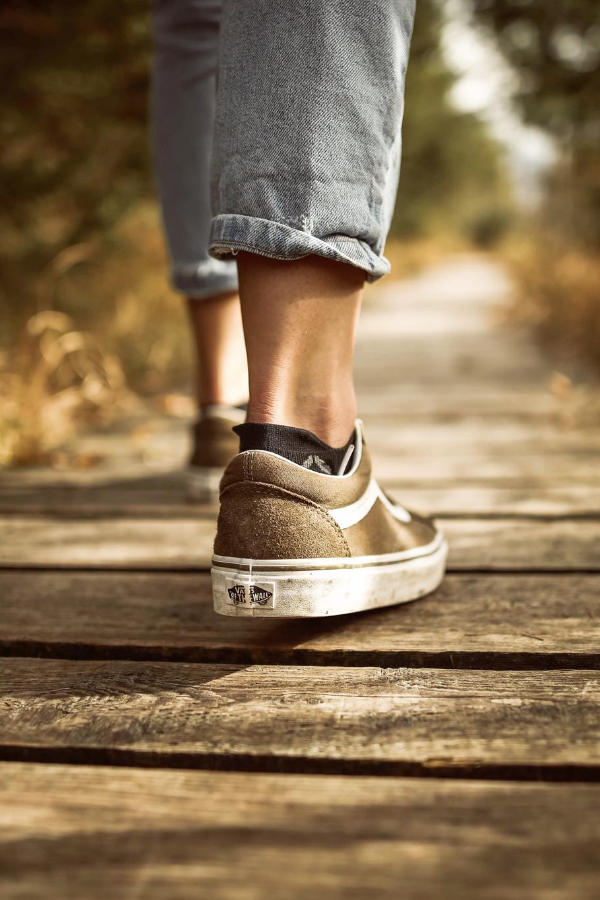Breast Cancer and the Environment
Breast Cancer and the Environment
*This is a sponsored post in partnership with Breast Cancer and the Environment Research Program.
Every October I write posts about breast cancer because it’s a very important topic and one especially critical to many members of my family, as well as lots of my friends. My best friend and cousin, Martha Temple Todd, fought courageously for decades but lost her battle with breast cancer two years ago this October.
To know Martha was to love her. There was only six months difference in our age and to say we were close would be an understatement. She was definitely one of the most positive, kind and loving people I have ever known. This short video gives you just a tiny glimpse into the goodness that lived in Martha.
Martha and her husband Glenn, had three daughters who are now grown women and very aware that they are genetically at risk. If Martha were still alive I know she would encourage her daughters to be vigilant in their breast exams and to arm themselves with all the current information they can find concerning breast cancer, which is why this post is so important.
Mother/Daughter Toolkit
Scientists, physicians, and community partners in the Breast Cancer and the Environment Research Program (BCERP), which is supported by the National Institutes of Health (NIH), study the effects of environmental exposures on breast cancer risk later in life. They created a mother-daughter toolkit mothers can use to talk to daughters about steps to take together to reduce risk.
Read this carefully, think about it and talk about it with your daughters and your friends and neighbors.
This is a great resource not only for Martha’s daughters and granddaughters, but for all the women in our lives. I hope you will share it with them.
The Hope of BCERP
These scientists, physicians, and community partners are exploring whether exposure to certain chemicals and foods may change how girls’ bodies mature and impact breast cancer risk.
Parents try to help their children grow up healthy. But the environment around a young girl may change the way her body develops. It is too soon to say for sure that avoiding certain chemicals or foods lowers the risk of breast cancer. Still, to help protect daughters from developing breast cancer later in life, it is never too early to begin taking steps. BCERP has a number of resources for parents and families on how to reduce risk.
These scientists, physicians and community partners need your help. They need more information for their very important research.
I also hope you will take just a few minutes and help them out by taking a survey
Your answers to these questions could be beneficial to our daughters and future generations!
#BCERP #MotherDaughter #BreastCancerRisk
